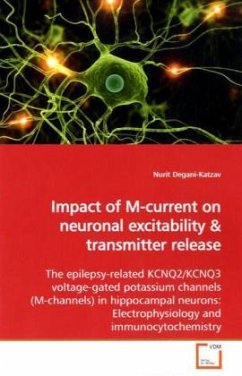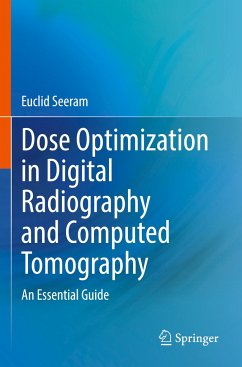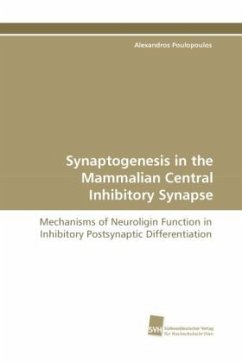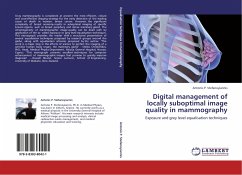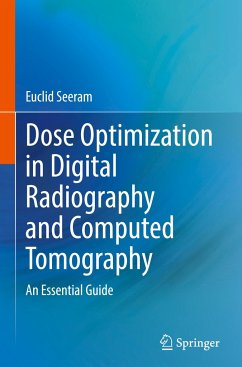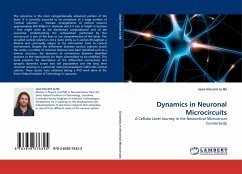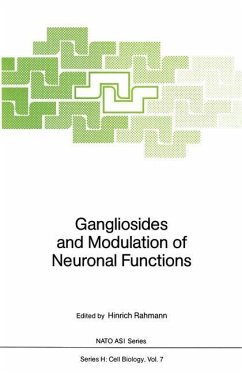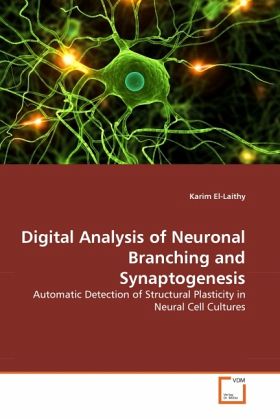
Digital Analysis of Neuronal Branching and Synaptogenesis
Automatic Detection of Structural Plasticity in Neural Cell Cultures
Versandkostenfrei!
Versandfertig in 6-10 Tagen
32,99 €
inkl. MwSt.

PAYBACK Punkte
16 °P sammeln!
Far from being hard-wired and static, the brain is capable of dramatic reorganization. As one learns new skills or acquire novel experiences, the brain cells alter the way in which they respond to the outside world to reflect the changing circumstances and gained experience. These changes in our behaviour and brain functions are often accompanied by structural alterations in the brain circuitry. In studies on animal brains, it has been possible to visualize very localized structural changes, such as increased branching of the dendritic trees at the ends of axons. This would allow new synapses ...
Far from being hard-wired and static, the brain is capable of dramatic reorganization. As one learns new skills or acquire novel experiences, the brain cells alter the way in which they respond to the outside world to reflect the changing circumstances and gained experience. These changes in our behaviour and brain functions are often accompanied by structural alterations in the brain circuitry. In studies on animal brains, it has been possible to visualize very localized structural changes, such as increased branching of the dendritic trees at the ends of axons. This would allow new synapses to be formed between cells (synaptogenesis). In this study, a technique to detect, describe and analyse the dynamics involved in the process of synaptogenesis in living cells cultures is proposed. This involves the dynamics of branching and seeking for contacts (synaptic partners). The proposed technique distinguishes formally between the actual formed synapses and the potential synaptic sites. The study investigates merely the dynamics of the potential synaptic sites. The introduced tools uses mainly morphological image processing algorithms to detect automatically the targeted formations.



